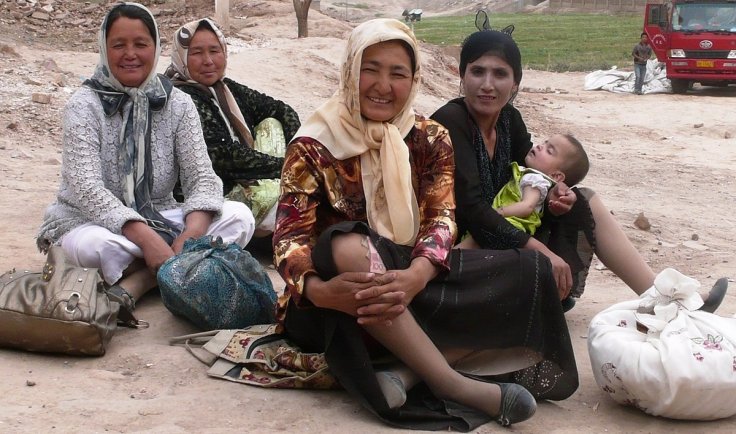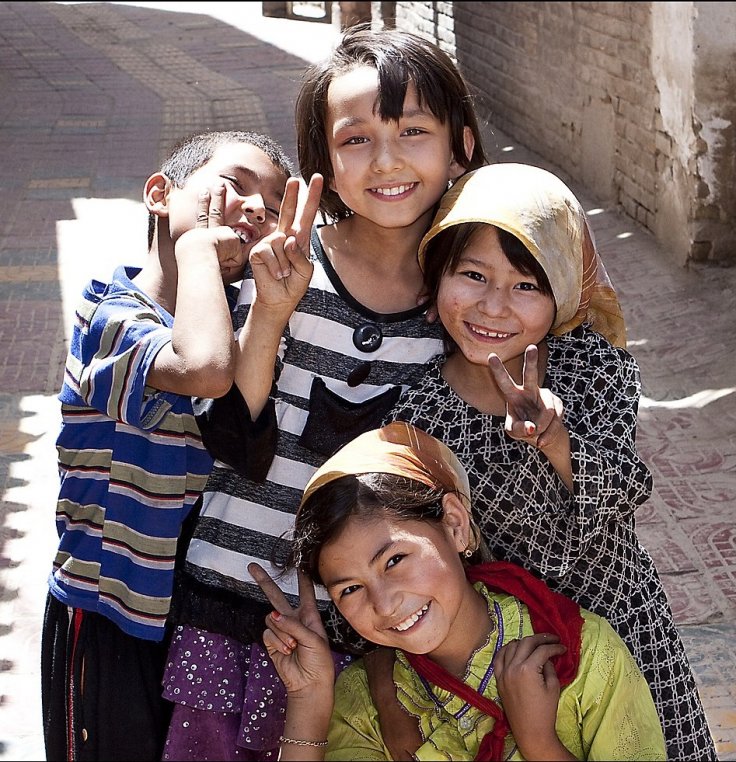The Xinjiang region and China's increasing human rights abuse in the province have been in the headlines for a long time. Days after US added 34 entities to its economic blacklist, the US Senate has now passed legislation to ban the import of goods from this region saying that the atrocities committed against Uyghur Muslims are not acceptable.
Though Washington has introduced several sanctions on Beijing in the past, this new legislation broadens the scope of asset- and visa-blocking sanctions related to Xinjiang to include foreign individuals and entities, reported Bloomberg.
The Bipartisan Measure Would Shift the Burden of Proof to Importers
As per the report published in the Reuters, The Uyghur Forced Labor Prevention Act would create a "rebuttable presumption" assuming goods manufactured in Xinjiang are made with forced labor and therefore banned under the 1930 Tariff Act, unless otherwise certified by US authorities.
Bill Requires Further Approval
The bill is yet to pass the House of Representatives and then it will be sent to the White House for President Joe Biden to sign into law. Democratic and Republican aides said they expected the measure would get strong support in the House, noting the House approved a similar measure nearly unanimously last year.

US Imposed Similar Sanctions in the Past
However, in the past too, Washington has put import bans on cotton, tomatoes and some solar products originating from Xinjiang. The US, the European Union, the UK and Canada have all imposed sanctions on Chinese officials over the human rights abuses and crimes committed by the CCP in Xinjiang. Beijing, on the other hand has undertaken retaliatory measures and imposed sanctions on the Western countries.

Discrimination
Uyghur Muslims live in Xinjiang province which is located in Northwest China. They have faced a lot of discrimination and have been marginalized for years. According to multiple media reports, they are under constant surveillance and deprived from basic human rights like practicing religion, keeping fast and voicing their opinions. They have been persecuted and subjected to continuous oppression, human rights organizations say.
Human Trafficking
However, Chinese government has denied these claims and stated that they have built re-education camps and not detention centers. Beijing says that the re-education camps are created to impart the feelings of nationalism among Uyghur Muslims.
Various labor-transfer programs have generated concerns that participants are coerced into taking jobs. Some reports reveal that the CCP is exploiting the ethnic community by making them slaves and carrying out inhuman activities.
Human trafficking cases are also increasing. A BBC report also describes that the Uighur women were subject to gang rape and forced sterilization. The 'Dragon' has time and again rejected such kind of reports and termed them as "fake news".









